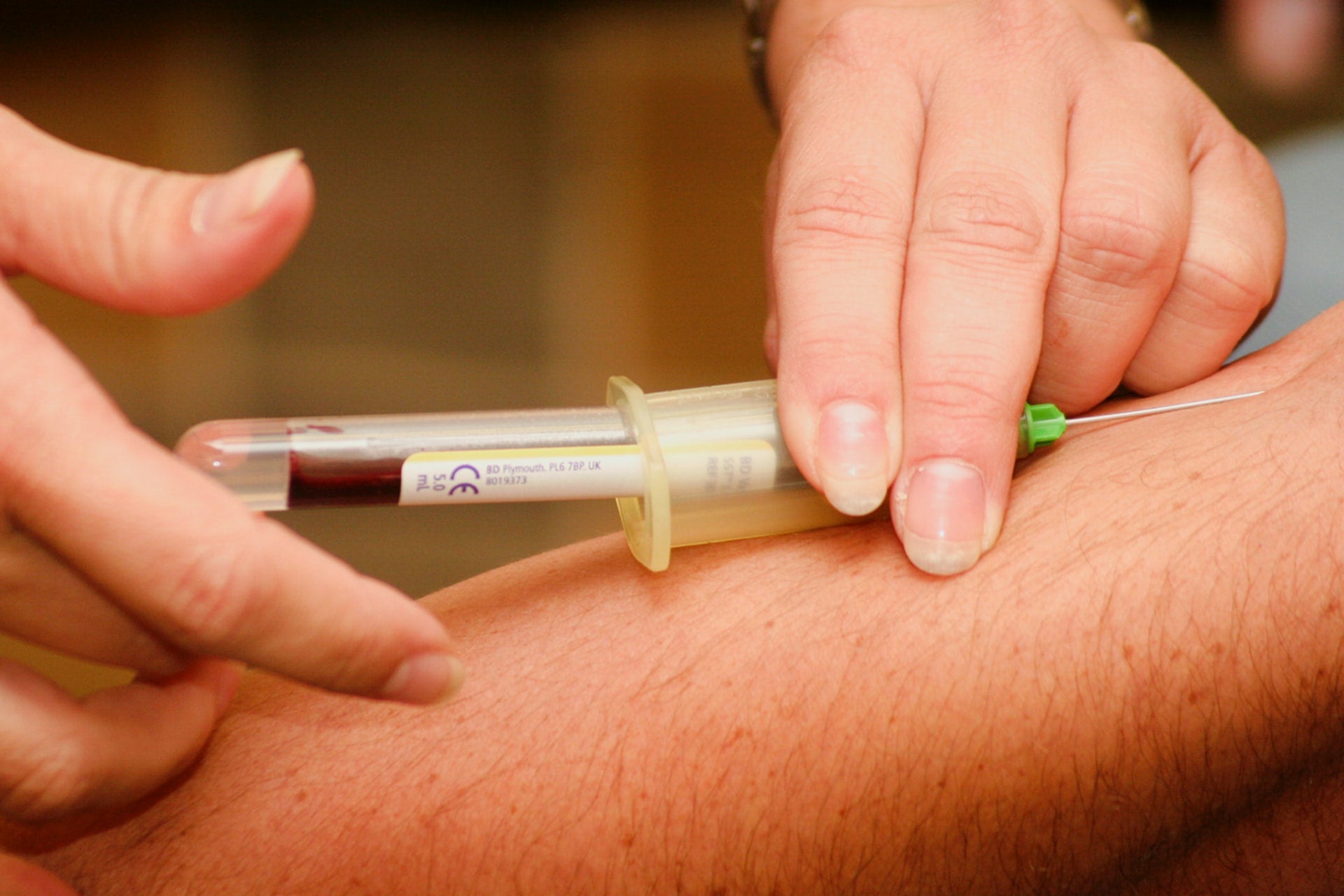
Grail has launched its Galleri blood test, which is designed to detect multiple cancers early from a single sample, for prescription use in the US.
The company reported initial results from the interventional PATHFINDER study where the test demonstrated the ability to precisely identify 29 cancers across 13 types.
The test can be used for detecting individuals with an increased risk of cancer, including adults aged 50 or above, as well as to complement the present single cancer screening tests.
The PATHFINDER study analysed Galleri’s application and performance in a clinical care setting and the clinical care pathways after a ‘signal detected’ result with the test. It also aimed to determine the time needed to obtain diagnostic resolution.
The study had 6,629 subjects aged 50 years or above with no known active cancer.
The interim analysis data showed that a former version of Galleri could precisely identify 29 cancers across 13 types.
How well do you really know your competitors?
Access the most comprehensive Company Profiles on the market, powered by GlobalData. Save hours of research. Gain competitive edge.

Thank you!
Your download email will arrive shortly
Not ready to buy yet? Download a free sample
We are confident about the unique quality of our Company Profiles. However, we want you to make the most beneficial decision for your business, so we offer a free sample that you can download by submitting the below form
By GlobalDataThese include breast, colon or rectum, head and neck, liver and bile duct, lung, lymphoid leukaemia, lymphoma, ovary, pancreas, plasma cell neoplasm, prostate and small intestine cancers, as well as Waldenstrom macroglobulinemia.
Furthermore, nearly 40% of the new cancers identified were localised (stage I-II) and approximately 50% were found before distant metastases (stage I-III).
The study subjects will be followed up for a year, with final data anticipated in the first half of next year.
Grail chief medical officer and external affairs head Dr Joshua Ofman said: “Finding cancer early, when treatment is more likely to be successful, is one of the most significant opportunities we have to reduce the burden of cancer.
“These data suggest that, if used at scale alongside existing screening tests, the Galleri test could have a profound impact on how cancer is detected and, ultimately, on public health.”
This interim data showed a positive predictive value of 44.6%, which is in line with results from the company’s case-controlled Circulating Cell-free Genome Atlas study.
The test was 96.3% accurate in predicting first or second cancer signal origin on confirming cancer, with a 50-day median observed time to cancer diagnosis.
In an observational study, the test was found to identify about 50 types of cancer, more than 45 of which presently do not have recommended screening tests in the US.
The UK National Health Service announced plans in November last year to initiate a trial of the Galleri blood test.




